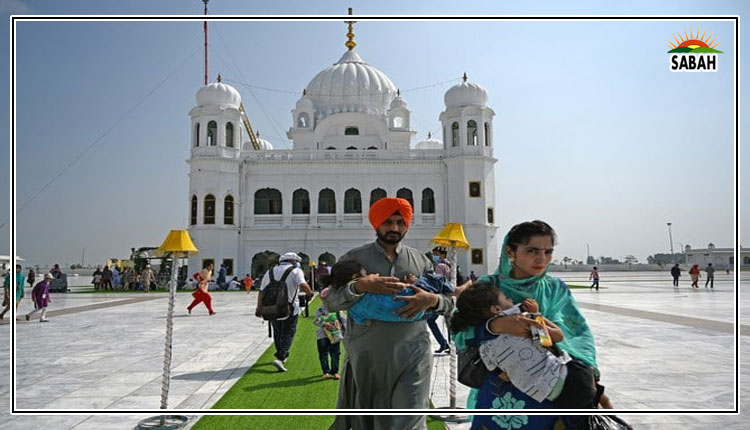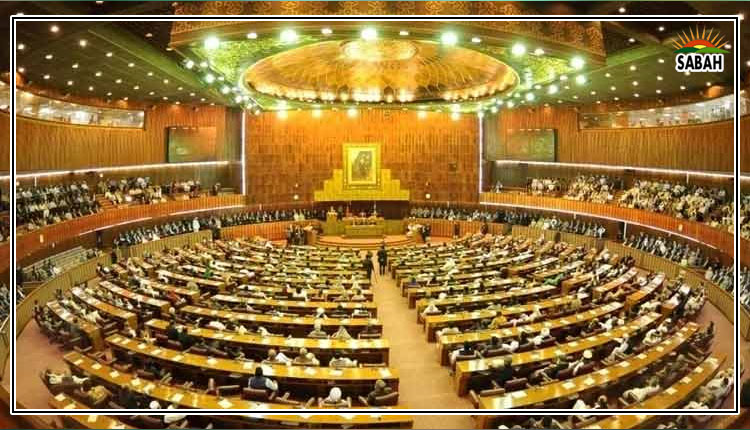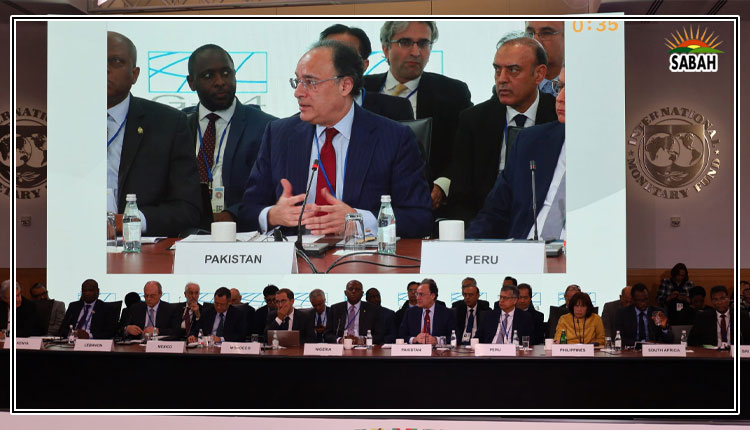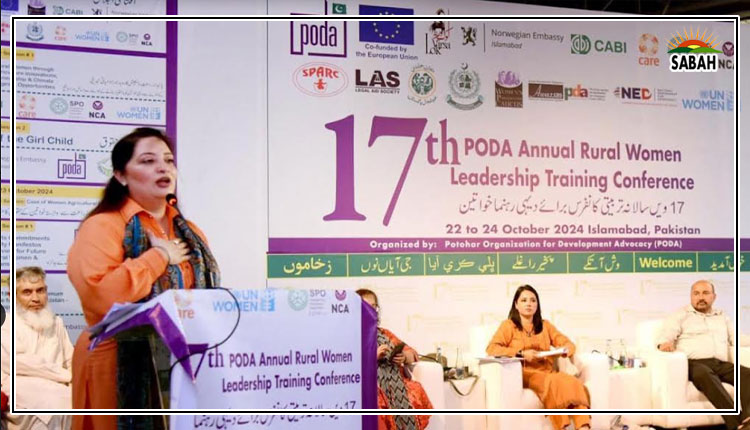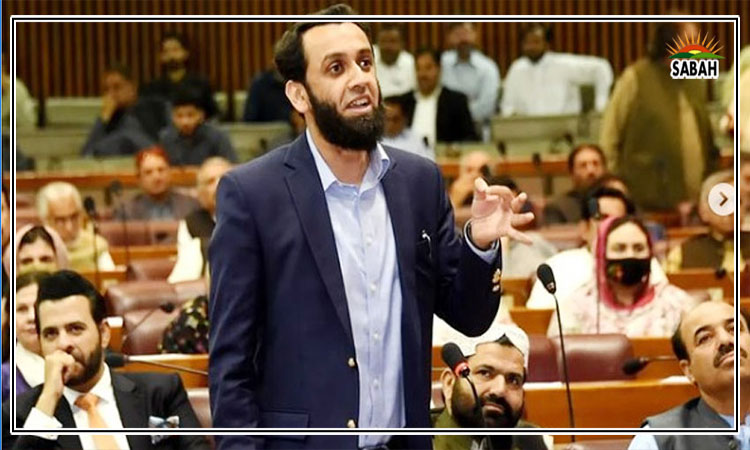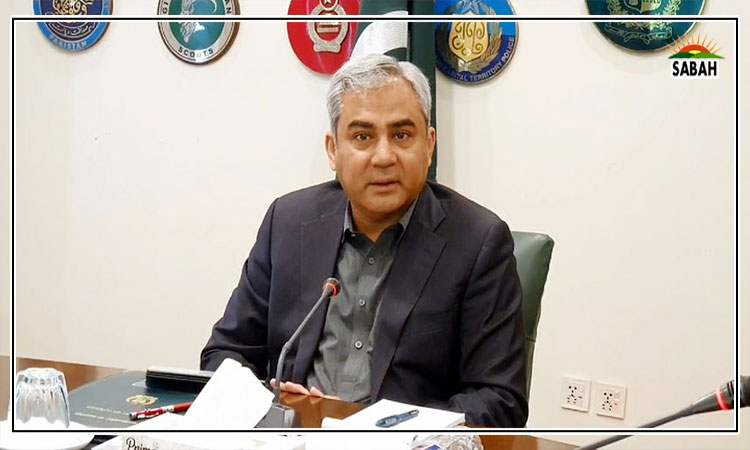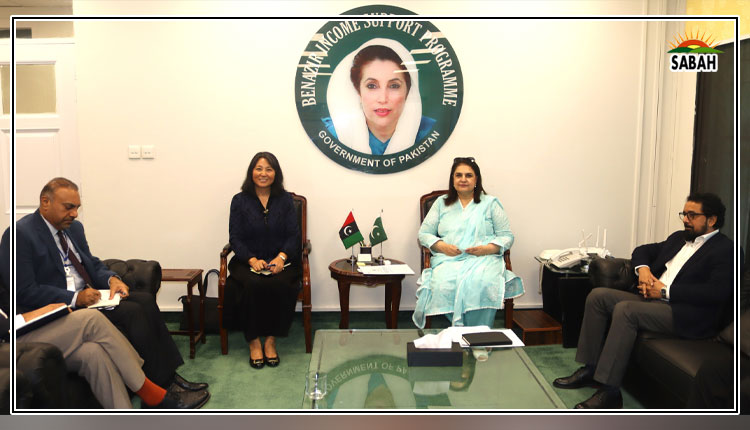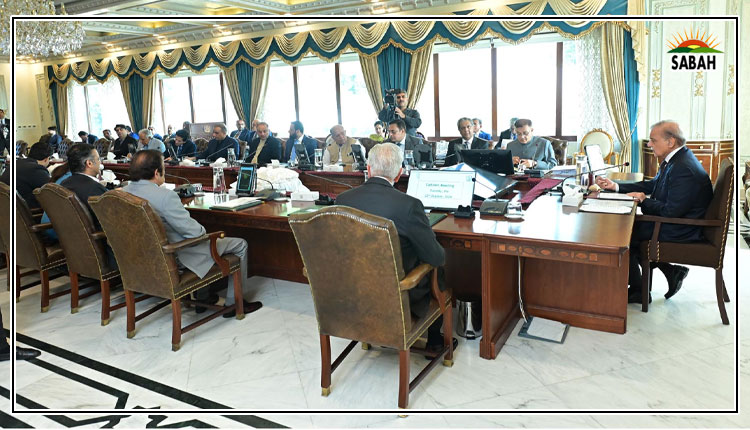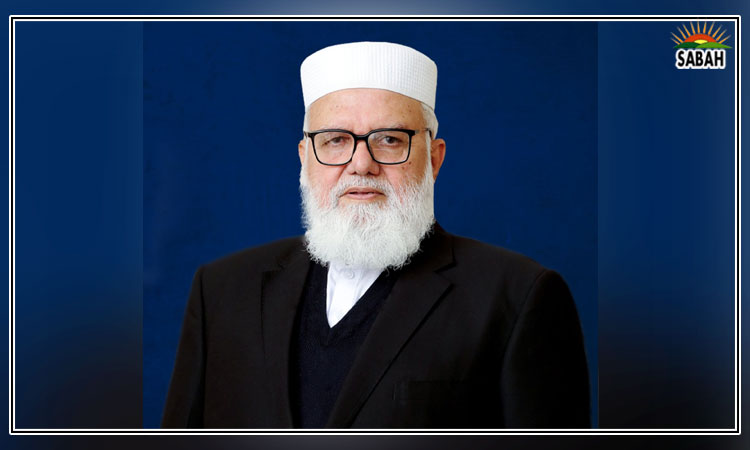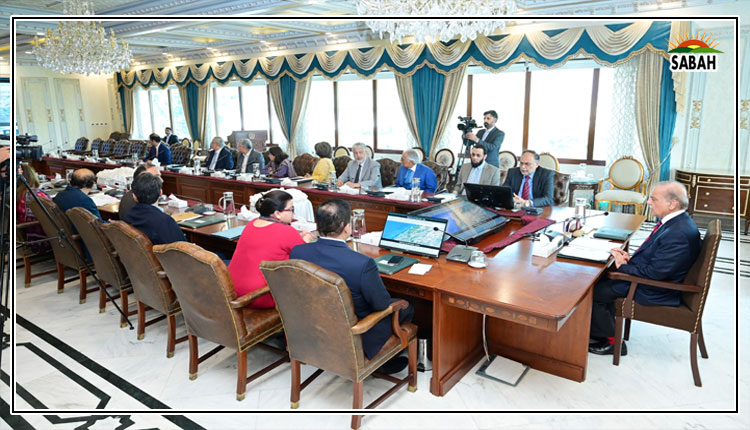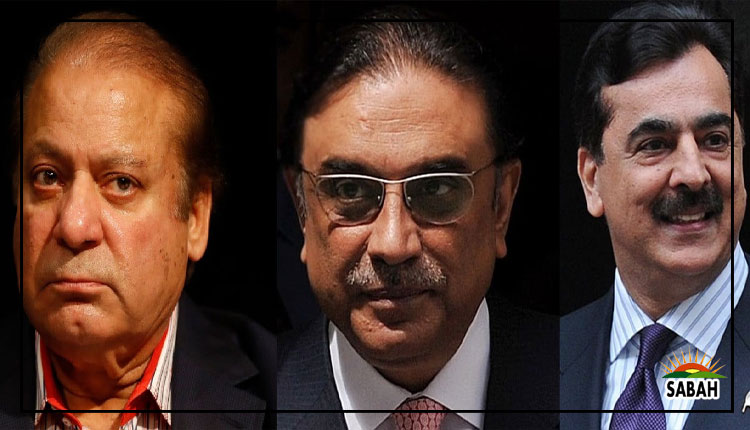Accountability court judge Muhammad Bashir returns Toshakhana reference against Nawaz, Zardari & Gilani to NAB
ISLAMABAD, Dec 21, (SABAH): An Islamabad accountability court on Wednesday returned the Toshakhana reference filed by the National Accountability Bureau (NAB) against Pakistan Muslim League-Nawaz (PML-N) Quaid and former prime minister Mian Muhammad Nawaz Sharif, former president Asif Ali Zardari, ex-premier Senator Makhdoom Syed Yousaf Raza Gillani and others to the anti-graft body citing lack of jurisdiction. The decision follows recent amendments in the law.
The NAB had filed a reference in 2020 pertaining to three Toshakhana vehicles which were given to former prime minister Nawaz Sharif and ex-president Asif Ali Zardari. Taxes for the vehicles were allegedly paid through “fake bank accounts”, the watchdog had claimed.
In a hearing of the case on Wednesday, Asif Zardari’s counsel Senator Farooq Hamid Naek appeared before the court.
He contended that his client had nothing to do with the case and pointed out that it didn’t fall in the jurisdiction of the court. “The court must give a verdict as per the law,” he appealed to the judge.
After hearing arguments, administrative judge Muhammad Bashir ruled that the case should be referred to the relevant forum.
Accountability court judge Mohammad Bashir announced the verdict stating that the references did not fall under his court’s jurisdiction after recent amendments to the NAB law.
The anti-graft watchdog had accused the three political leaders of committing Rs110 million corruption in the reference. However, the accountability court can take up the cases involving Rs500 million or above after the amendment. The coalition government, soon after coming into power in April last, made amendments to the NAB by introducing (Second Amendment) Bill in order to curtail powers of the bureau.
The Toshakhana graft case is about alleged relaxation of rules by Mr Gilani to extend illegal benefits to Zardari and Sharif in purchase of vehicles gifted by foreign countries. The accountability court has declared Nawaz Sharif, who is in London for treatment, proclaimed offender in the case.
According to the reference filed by NAB, Gillani, in order to extend illegal benefits to the accused [Zardari and Nawaz], allowed the retention of vehicles gifted to them by different foreign states and dignitaries by relaxing procedures relating to the submission of gifts in the Toshakhana.
The accused “through dishonest and illegal means for their personal benefit and interest” retained the vehicles in question “against a nominal payment of 15 per cent of the total value”, the reference stated.
It added that Zardari made the payments for the vehicles through the Omni Group chief executive and his son “for which he has no plausible justification.”
“It was established during investigation that these amounts are in the context of illegitimate laundered proceeds for the benefit of the accused,” the reference reads.
The reference maintained that Gilani, in connivance with Zardari and Nawaz, “dishonestly and illegally relaxed the procedure for the acceptance and disposal of gifts […] which stipulate that vehicles shall not be allowed to be purchased by the recipients”.
“The accused [Gilani] floated and suppressed the law and the procedure to grant undue concession, and benefits resulting in wrongful loss to the national exchequer,” the statement added.
According to the reference, during his tenure as president of Pakistan, Zardari accepted and received vehicles as gifts from the United Arab Emirates in 2005 and from Libya in 2008.
“He neither reported the gifted vehicles nor deposited the same. The accused preferred his own personal interests and obtained undue concession and benefits,” it added.
Meanwhile, the reference maintained that Nawaz, who did not hold any public office in 2008, “knowingly and with dishonest intention obtained illegal favour in connivance with [Gilani] by obtaining the relaxation of the said procedure for acceptance and disposal of gifts”.
Established in 1974, Toshakhana is a department under the administrative control of the Cabinet Division and stores precious gifts given to rulers, parliamentarians, bureaucrats and officials by heads of other governments, states and foreign dignitaries as a goodwill gesture.
Under the rules, it is mandatory that gifts of a certain value are deposited in Toshakhana. However, an official is also allowed to keep these gifts provided he pays a certain percentage of the price assessed by the Toshakhana evaluation committee.


